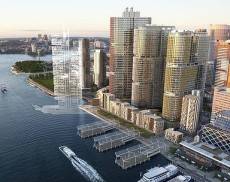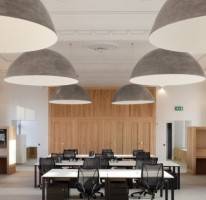September 15, 2014
How we travel to work has enormous impact on wellbeing, claims new research
New research has further highlighted the important role that the mode of transport we choose to get work has on our physical and psychological wellbeing. Walking or cycling to work is better for people’s mental health than driving to work, according to the research by health economists at the University of East Anglia and the Centre for Diet and Activity Research (CEDAR). The report ‘Does active commuting improve psychological wellbeing?’ was published today in the journal Preventive Medicine and draws on 18 years of data from 18,000 people. It follows on the heels of two other reports published last month in the British Medical Journal and Science Direct which make related claims about the careful choices we should make about how we get to work.

























July 16, 2014
Keeping remote employees motivated is key to successful flexible working culture
by Gemma Falconer • Comment, Flexible working, Workplace
Flexible working has barely been out of the news since the latest government changes. But while allowing employees to work remotely can do wonders for staff retention, motivating them and keeping them in the loop presents a new problem. Although self-starting employees feel that they have more control over their work and fewer distractions, it can also lead to a sense of isolation. It is important for retention that you not just offer a flexible working option to employees, but that all the staff make an effort to continue allowing them to feel like a part of the team. The four best practices that will help you motivate employees that telecommute are: ensuring you build trust between those who telecommute and their colleagues from the start; establish regular communication between remote and in-office staff; manage goals, expectations and outcomes and take steps to establish that remote working is made part of the company culture. More →